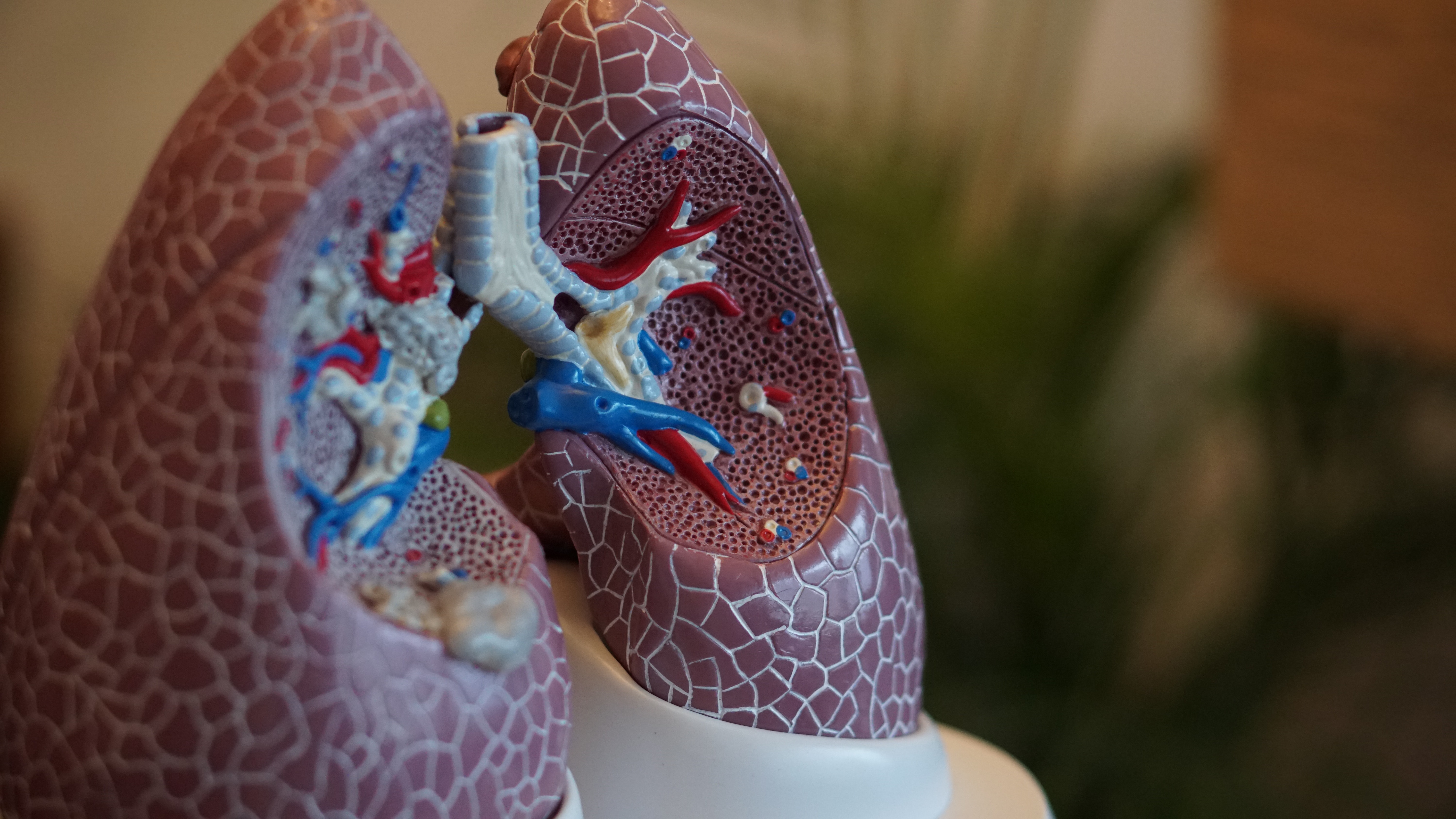Asthma

Asthma is a long-term lung disease that affect both children and adults. It causes inflammation and tightening of the muscles inside and around the small airways. There is often 'triggers' causing asthma attack or making it worse such as viral infections, smoking, dust, animal dander and feathers, exercise, perfume, fumes, change in weather, pollen and dust mites.
The symptoms and triggers may vary between different individual patient. Asthma can be described as having diurnal variation in which symptoms occur intermittently and arise largely at night during sleep and early morning and if symptoms occur throughout the day they are usually worse during night. The symptoms include cough, shortness of breath, wheezing and chest tightness. Poorly controlled asthma in children can negatively impact the child's growth and development. Asthma often has genetic component and related to other atopy conditions such as allergic rhinitis and eczema.
Asthma cannot be cured. The aim of asthma management is to achieve good asthma control and minimise risk of future exacerbations. Good asthma controls are attained with proper and compliance use of inhalers and written asthma action plan (WAAP), avoidance of triggers and unhealthy lifestyle practices such as smoking and being obese.
There are three main types of inhaler often use for asthma patient, reliever, controller and preventer. Reliever inhalers contains bronchodilator help to open the airway and provide immediate relief of symptoms such as Salbutamol and Ipratropium. It provide a fast relief of asthma symptoms. Controller inhalers act like reliever inhalers but it has longer acting effect such as Formoterol and Salmeterol. It can be given if use of preventer is inadequate to control the symptom and often are given in combination with preventer such as Seretide. Preventer on the other hand contains steroid to reduce inflammation in the airways and reduced the risk of asthma attacks.
People with asthma may need to use their inhaler such as the preventer every day depending on their frequency or severity of the symptoms. Reliever inhalers are not to be used regulary as it can cause side-effects such as headache, tremor and palpitation. If you are using reliever inhaler regularly that means your asthma is not well controlled. Preventer and controller inhalers often need to be add as a regular daily inhaler to get better control of the asthma.
Inhaler technique is very important in asthma management. It can be difficult to coordinate breathing using an inhaler especially for children, elderly and during emergency situations. Using a spacer device makes it easier to use an aerosol inhaler and helps the medicine to reach the lungs more effectively. A spacer is a plastic container with a mouthpiece or mask at one end, and a hole for the inhaler in the other. Have your doctor or asthma nurse to check your technique regularly.
Having a written asthma action plan (WAAP) for asthma is important to help patient to monitor their symptoms at home and to step up and adjust their medication when their symptom worsened and when to seek treatment at emergency care urgently. People with asthma and their families need education to understand more about their asthma, their treatment, triggers to avoid, and how to manage their symptoms at home.
If you have asthma and would like to know more information about your asthma, talk to our doctor on how you can control your asthma well and enjoy a normal and active life.



